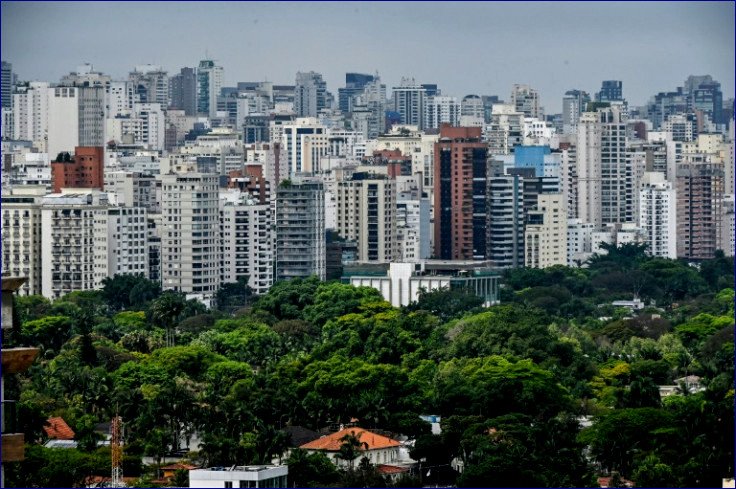In a bold stride towards the zenith of technological prowess, Brazil stands on the precipice of revolutionizing its landscape with the ambitious launch of the “Brazilian Artificial Intelligence Plan” (PBIA). Spearheaded by President Luiz Inácio Lula da Silva, this landmark initiative signifies not merely a bet on artificial intelligence but rather an earnest commitment to wield AI as a catalyst for societal and environmental betterment.
The PBIA, unveiled conspicuously earlier this year, is slated to channel a staggering $4 billion into local AI projects by 2028. Emblazoned with the inspiring motto “AI for the Good of All,” this initiative is poised to propel innovations that are not only technologically advanced but also graciously aligned with the pressing needs of the Brazilian populace, targeting the alleviation of social inequalities and the sustainable stewardship of natural resources.
Luciana Santos, Brazil’s Minister of Science and Technology, articulated the cohesive vision behind this plan, stating, “Through technology, we aim to ensure benefits for our nation and its people, an endeavor achievable only through collaborative efforts among public authorities, civil society, and the private sector.” The plan, seen as a watershed moment, aims to cultivate a tech-savvy populace adept in harnessing AI’s potential while simultaneously nurturing critical human capital.
An intriguing facet of the PBIA involves the dedication of resources towards education—specifically, fostering a populace whose understanding of AI nuances will underpin Brazil’s return on investment goals. This goes hand in hand with the overarching objective of fortifying national sovereignty by curtailing dependency on foreign technologies, especially amid a world rife with geopolitical strains.
“This plan is bold and viable, and it embodies our commitment to maintain sovereignty and autonomy in developing our country’s intelligence,” Santos proclaimed with conviction.
Significantly, this sweeping investment will revitalize Brazil’s Santos Dumont supercomputer and lay the groundwork for an extensive network of AI centers throughout the nation. These centers will act as beacons of innovation, accelerating projects while educating civilians and businesses on effective utilization of AI technologies.
Though PBIA tackles immediate concerns—evidenced by Brazilian utility firm EDP launching an AI tool to counter climate challenges—realizing longer-term ambitions, such as cultivating future experts, demands patience and tenacity. AI Centers are poised to become pivotal in disseminating knowledge and practical applications of this transformative technology.
A notable example is the Center for Artificial Intelligence (C4AI) established in São Paulo in 2023, which has made commendable strides in various fields, including natural language processing, health, and environmental management. By amalgamating public and private endeavors, C4AI fosters a vibrant ecosystem of expertise.
Equally noteworthy is the Center of Excellence for AI (CEIA), uniting over 500 researchers dedicated to navigating and resolving intricate real-world challenges, thereby nurturing innovation across sectors.
The momentum doesn’t stop there; discussions about erecting a vast data center campus in Rio Grande do Sul hint at a burgeoning demand for computing capabilities to bolster Brazil’s ambitious AI initiatives. This forthcoming “Scala AI City” is envisioned as a critical power hub, enhancing the nation’s innovative capacities.
As the world observes, Brazil’s commitment to enriching its AI landscape begs the question—what essential ingredients constitute successful AI centers? In a thoughtful dialogue, Ranjit Tinaikar, CEO of Ness Digital Engineering, expounded on the historical evolution of tech hubs, likening Brazil’s aspirations to those of Silicon Valley’s rise. He identified key components: robust educational institutions, venture capital availability, a skilled talent pool, and conducive governmental policies.
Tinaikar aptly notes, “The government has a role to play in making these AI centers successful,” highlighting the need for a constellation of supportive elements to ensure longevity and sustainability in AI advancement.
As Brazil embarks on this ambitious journey, the stakes are undeniably high, yet the potential for transformative change is boundless. The world watches closely as the nation navigates the intricate dance of technology, society, and governance, striving to position itself as a formidable player on the global AI stage.

